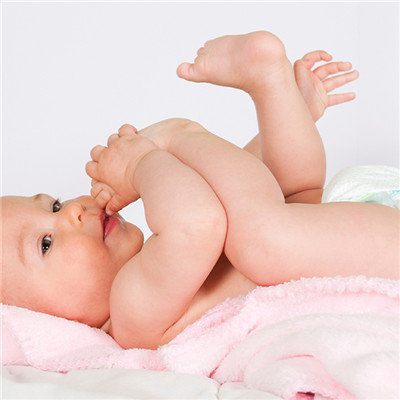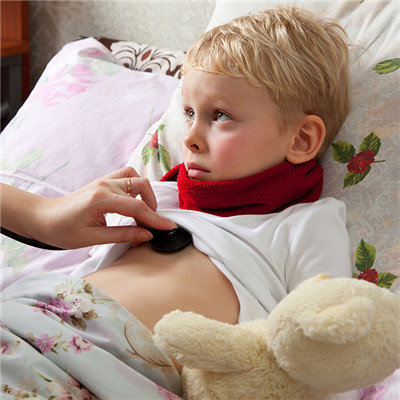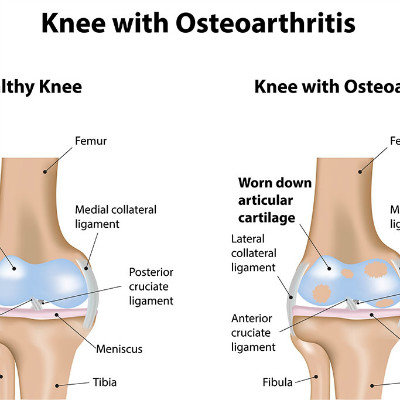Symptoms of secretory otitis media in infants?
summary
Secretory otitis media (SOM) is a non suppurative inflammatory disease of the middle ear, which is caused by the obstruction or obstruction of the eustachian tube (a tube that connects the nasopharynx and the middle ear, which plays a role in regulating the pressure of the middle ear). It occurs frequently in winter and spring; It is one of the common causes of hearing loss in children. What about the symptoms of secretory otitis media in infants?
Symptoms of secretory otitis media in infants?
Mechanical obstruction: such as adenoid hypertrophy in children, hypertrophic rhinitis, nasopharyngeal tumor or lymphoid tissue hyperplasia, long-term nasopharynx packing can directly block the pharyngeal orifice of eustachian tube, affecting the opening of pharyngeal orifice of eustachian tube. Dysfunction: the muscle contraction of eustachian tube opening and closing is weak; When the tympanic cavity is in negative pressure, the wall of the eustachian tube cartilage is liable to collapse. The eustachian tube is short and wide, near the horizontal position. Therefore, the infection of nasopharynx is easy to spread to the middle ear. This is one of the anatomical basis of the high incidence rate of secretory otitis media in children. Patients with cleft palate are prone to suffer from this disease because they have no midline attachment point and lose their contractile function.

Improper use of antibiotics in acute otitis media, such as insufficient dose, insufficient course of treatment, or bacterial resistance to drugs, makes the inflammation protracted. Infection: secretory otitis media was once considered aseptic inflammation. In recent years, it has been found that about 1 / 2-1 / 3 of the patients with positive bacterial culture in middle ear effusion, and the main pathogenic bacteria are Haemophilus influenzae and Streptococcus pneumoniae.

Secretory otitis media usually presents with hearing loss, earache, tinnitus, ear tightness and other symptoms. Older children may tell their parents that their ears are stuffy, like something is blocked, the ears are buzzing, hearing loss, poor academic performance and inattention; But young children may not be able to say these symptoms, but often turn the volume of the TV high; When people talk to him, they often ask, "what?

matters needing attention
Strengthen physical exercise, strengthen physique, prevent the occurrence of upper respiratory tract infection such as cold, rhinitis. If children are found to be slow to respond to sound or require too much volume, they should go to the hospital early for examination. Children under 10 years old should have hearing screening regularly. When children have a cold and nasal congestion, they should be treated as soon as possible. It is recommended to use drugs to shrink nasal mucosa for children. If there is a lot of nasal mucus, it is advisable to blow on one side when blowing. Excessive force is not allowed to prevent nasal mucus from entering the ear canal and causing tinnitus. Children with severe nasal sounds and snoring should go to the hospital to check whether the adenoids in the nasopharynx oppress the eustachian tube. If it has caused exudative otitis media, surgical removal of proliferators or removal of hypertrophic tonsils can be considered; It is necessary to guide children to pay attention to the cleanliness of ear, nose, throat and other organs. Avoid foreign body damage.










